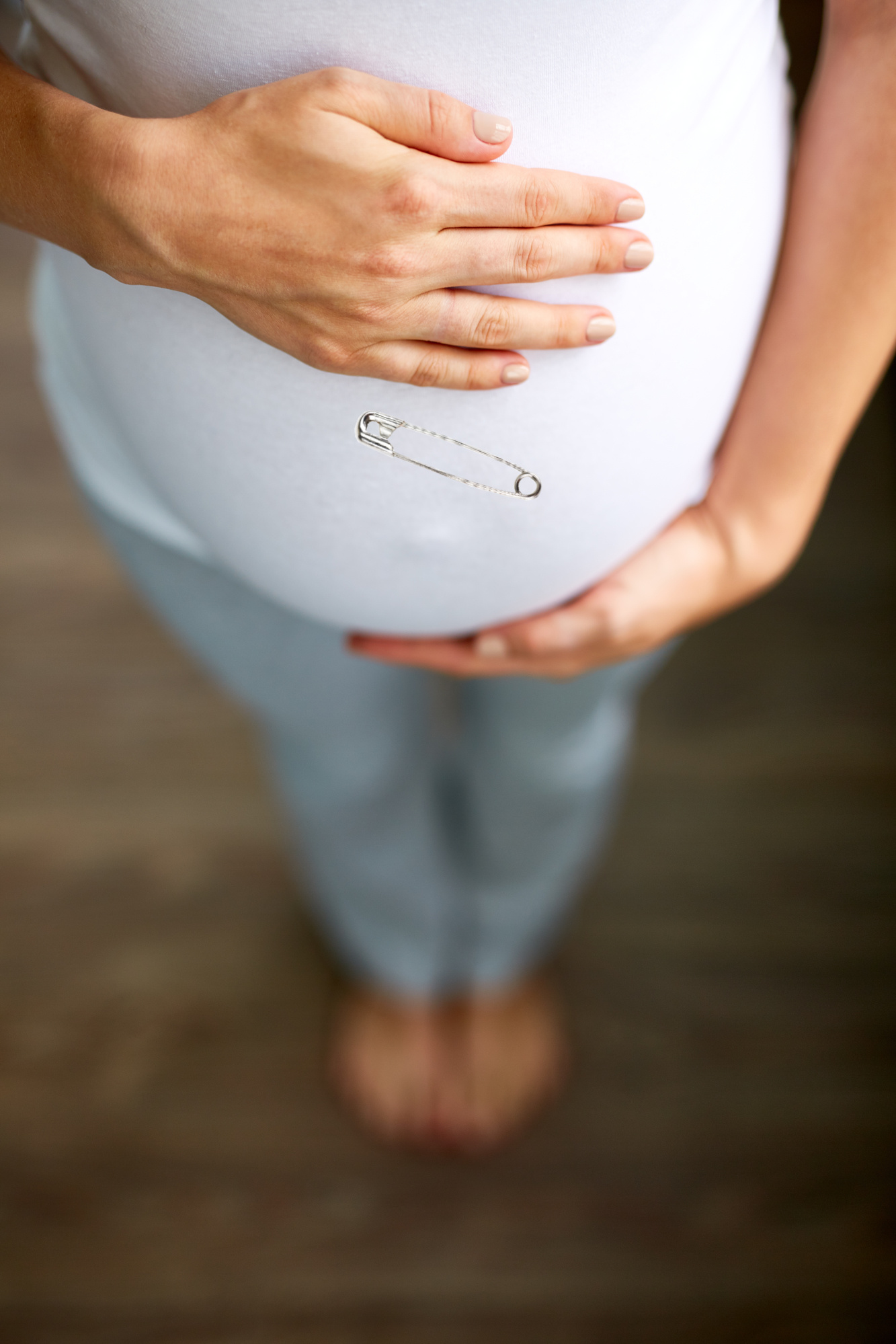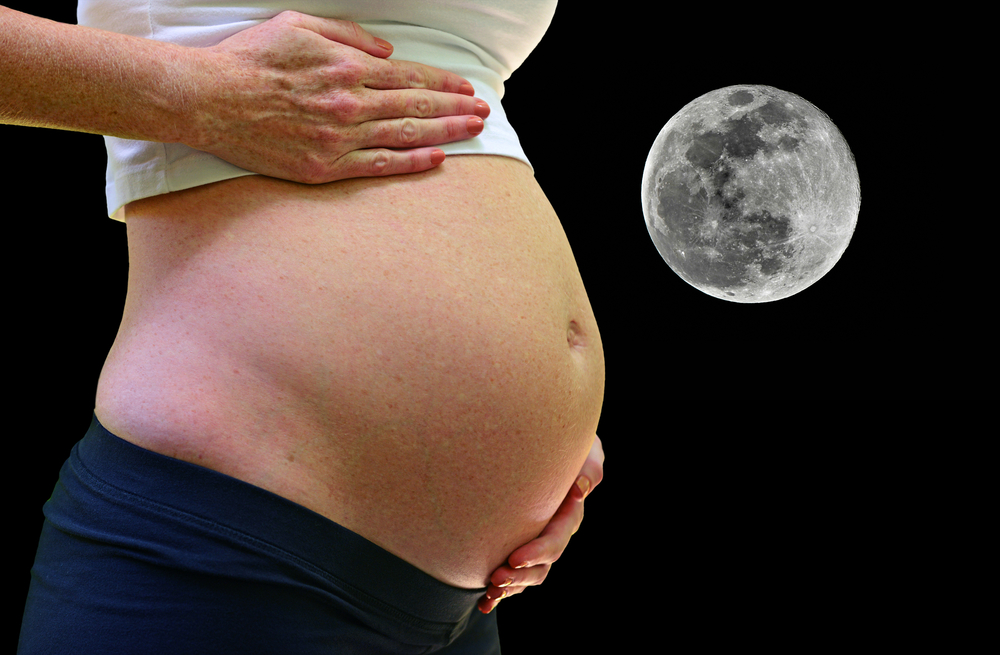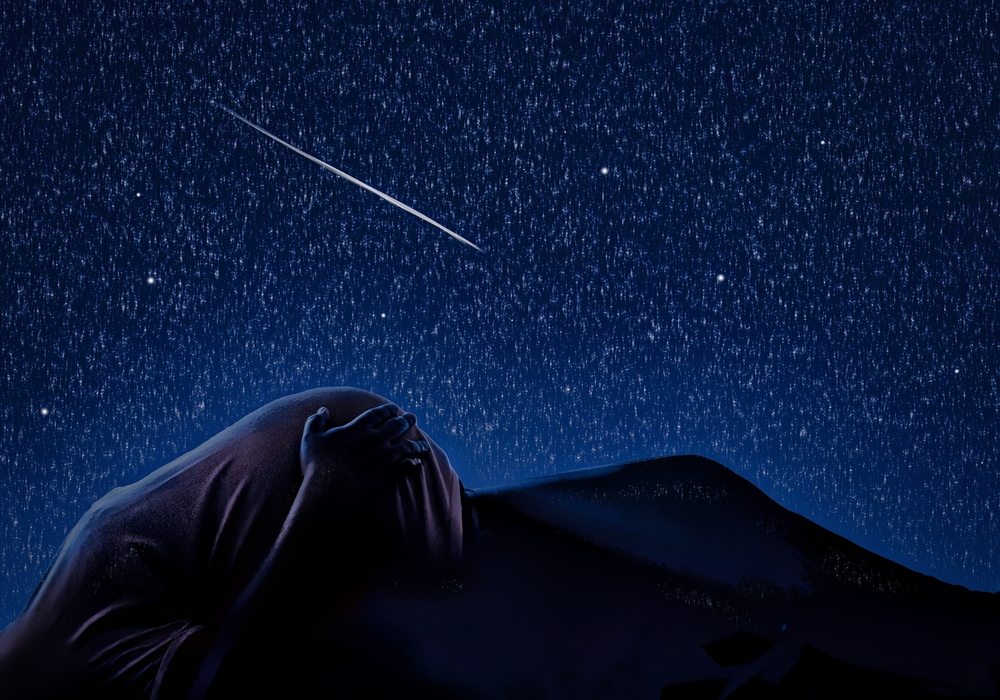If You See a Pregnant Woman with A Safety Pin On Her Belly, Here’s What it Means
I was today years old when I learned about what this meant…
Tomorrow is a solar eclipse and many take this day as a day of superstition.
In fact, one of the oldest wive tales involves the need for pregnant women to place a safety pin on their belly during a time of a solar eclipse.

The Tale of the Safety Pin and the Solar Eclipse
The old wives’ tale goes something like this: during a solar eclipse, pregnant women should place a safety pin on their clothes, over their belly, to protect their unborn child from the potentially harmful effects of the eclipse.
But where did this belief originate, and what does it signify?

While nobody knows exactly where this belief originated from, it is something that has been passed down from generation to generation. It is said to signify different beliefs including:
Protection Against Deformities: One common belief, particularly in some Latin American cultures, is that the solar eclipse can cause physical deformities in unborn children. The safety pin is thought to act as a shield or barrier against these harmful effects.

Warding Off Bad Spirits: In some cultures, eclipses are seen as omens or times when the boundary between the physical and spiritual world is thin. The safety pin, a sharp and metallic object, might be seen as a tool to ward off any evil spirits or negative energies trying to harm the mother or the child during this time.

Symbolic Unity: The circle of the safety pin might represent the cyclical nature of life, birth, and rebirth. The sharp end pointing inwards towards the belly can symbolize the protective and nurturing environment a mother provides for her unborn child, especially during uncertain times.
Modern-Day Interpretation
In today’s age of science and technology, we understand that solar eclipses are natural phenomena caused by the moon passing between the Earth and the sun. They don’t have any scientifically proven impact on pregnancy or unborn children. However, these tales serve as a testament to our ancestors’ attempts to understand and find meaning in the world around them.

For many modern mothers who choose to participate in this tradition, it’s less about genuinely fearing the effects of an eclipse and more about connecting with their cultural heritage, sharing stories passed down through generations, and feeling a part of a collective experience.






